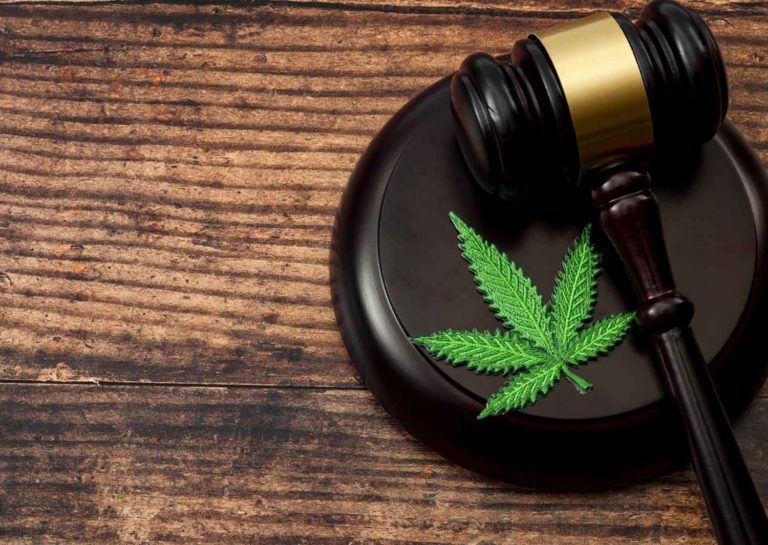
Nine members of congress (1 Democrat and 8 Republican) wrote a letter to the DEA in response to the IFR amendment placed on 2018’s Farm Bill. This IFR could put hemp growers and the hemp industry in jeopardy.
2018 Farm Bill
Congress originally passed the Farm Bill. It states as long as industrial hemp final products contains less than 0.3 percent of Delta 9, then it is legal to sell to the general public. This is great for cannabinoids like Delta 8 and CBD. Since Delta 8 is structurally different from Delta 9, any final product would naturally contain less than 0.3 percent of Delta 9. Because Delta 9 is the most abundant cannabinoid, smaller cannabinoids need to be synthesized in a lab. This further classifies them under the industrial hemp category. Because they are not naturally found in high quantities within the plant.
This law set in motion a new industry that began to rapidly grow because of the effects that users felt. With a cannabinoid like Delta 8, consumers can still feel the sense of high Delta 9 creates. But it’s in a less potent and more controlled manner, making it an ideal cannabinoid for consumers. Producers can create products with Delta 8 and allow the general public to reach a sense of euphoria in a safe and legal way.
2020 IFR
IFR stands for interim final rule. It acts like an amendment to a bill to further state or clarify something that previously was in question. However, the 2020 IFR to the Farm Bill adds more confusion than clarification. Many growers and producers are now concerned they could get in federal legal trouble. When creating certain cannabinoids, they can temporarily go above 0.3 percent of Delta 9 while synthesizing. By the time manufacturers create enough of the cannabinoids, the percentage of Delta 9 is back within the legal limit.
The IFR states the rules set down by the Farm Bill must be strictly followed, no exceptions. It means products with more than 0.3 percent Delta 9 are Schedule I drugs and illegal to have or produce. This creates a conundrum for hemp growers and producers. Their product may contain more than 0.3 percent while making their product during synthesis. The final product is less than 0.3 percent Delta 9 and legal after that.
Concerns
The concerns with this are staggering. If an inspection occurs and products contains more than 0.3 percent of Delta 9, those producers possess a Schedule I drug. They could receive federal punishment for possession despite the end product containing less than 0.3 percent of Delta 9.
Representatives David Joyce (R-OH) and Denver Riggleman (R-VA) led the charge calling for the DEA to clarify their amendment. That way no more jobs within the hemp industry become lost. They state:
“We share these concerns with citizens across this country and believe that the IFR must be revised to be consistent with the letter and intent of the Farm Bill. Not only must the legal ramifications of such a stringent interpretation of the Farm Bill be considered, but also the economic consequences. The hemp industry in the United States is estimated to be worth approximately $10.3 billion by 2024, increasing from $1.2 billion in 2019. This industry is capable of incredible growth and is a source of immense livelihood for Americans, all of which is at risk under the IFR’s interpretation.”
The DEA has not made any response. But many in the hemp industry express serious concern when it comes to their products. They are classified differently for a short period of time that could get them in trouble federally. It is unknown if the IFR will still be in place or if things will change. This impact could have a serious impact on the hemp industry.
Make sure to check back for more cannabis and hemp related news.